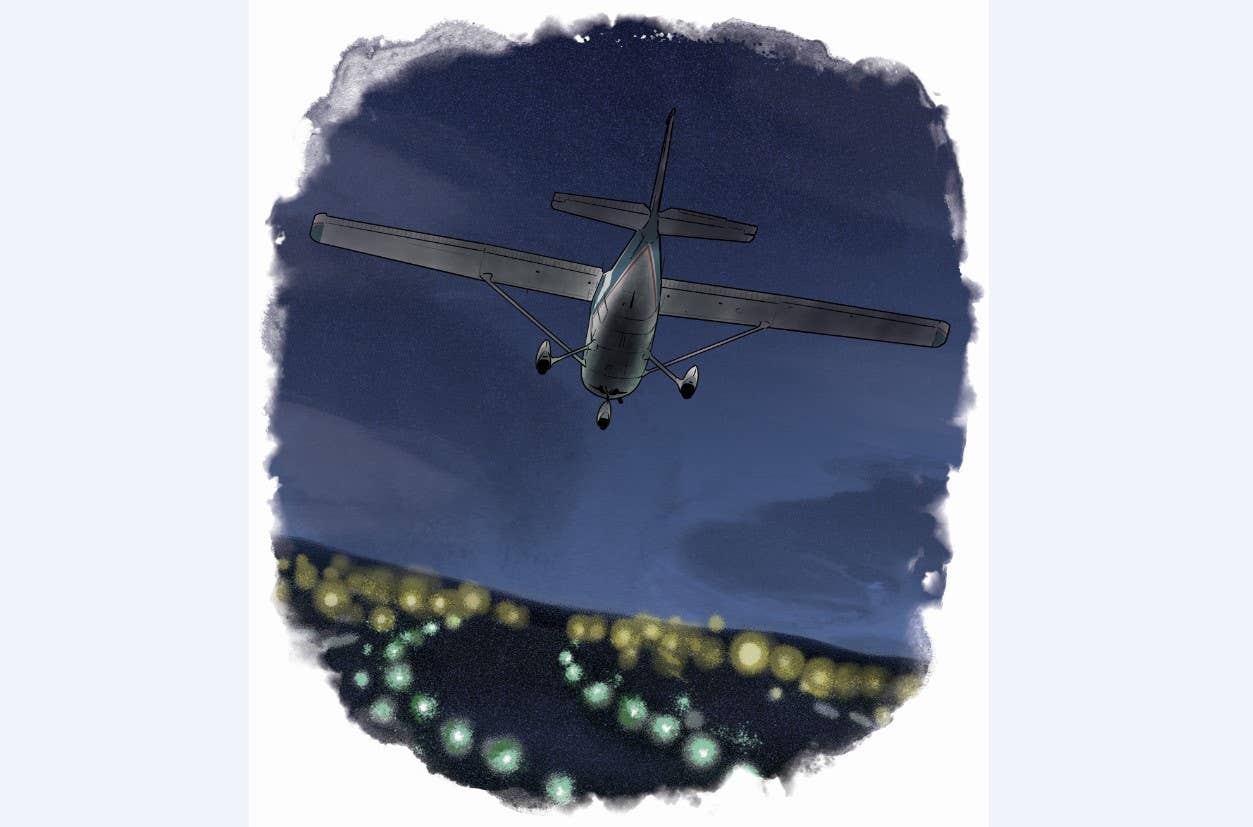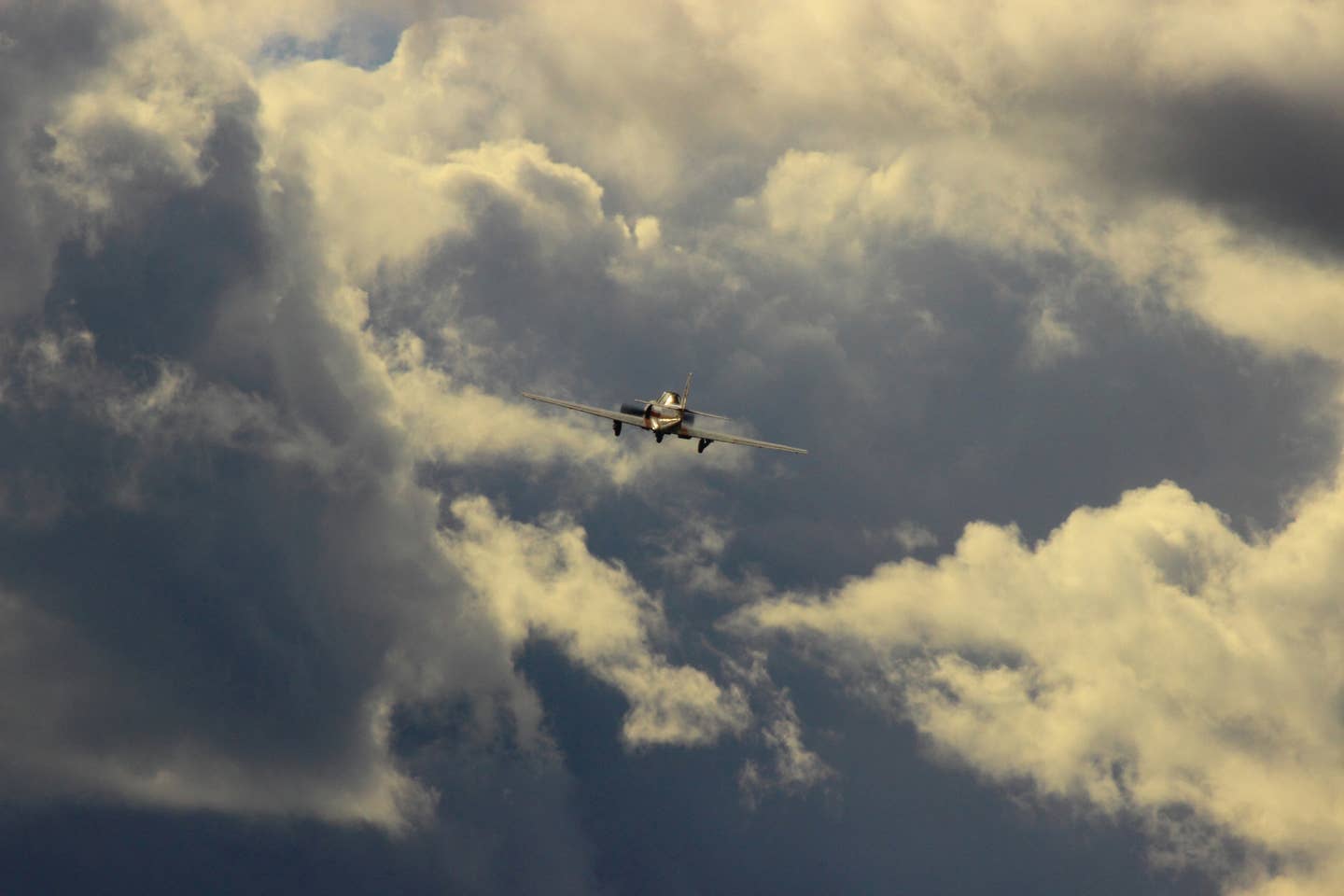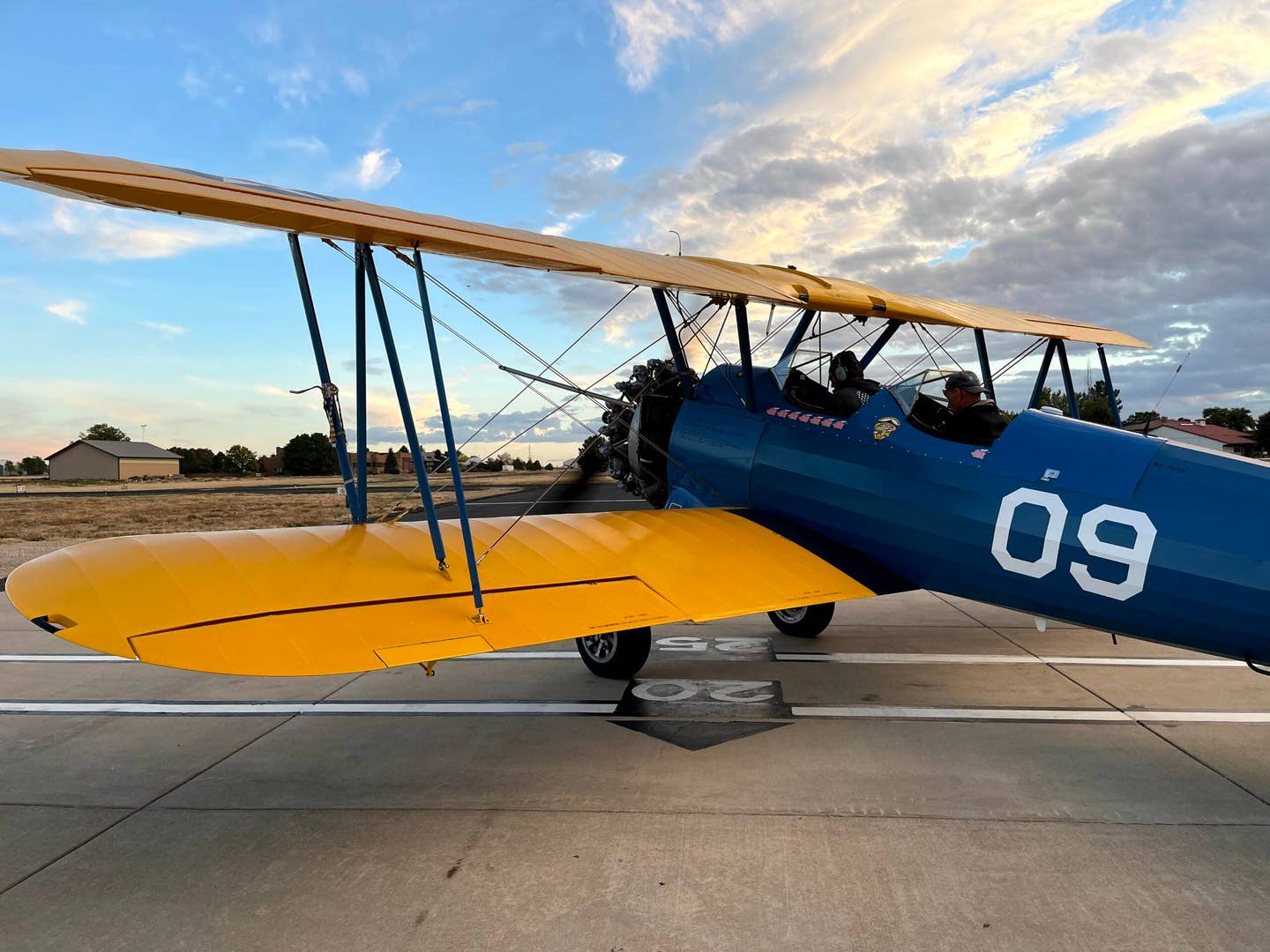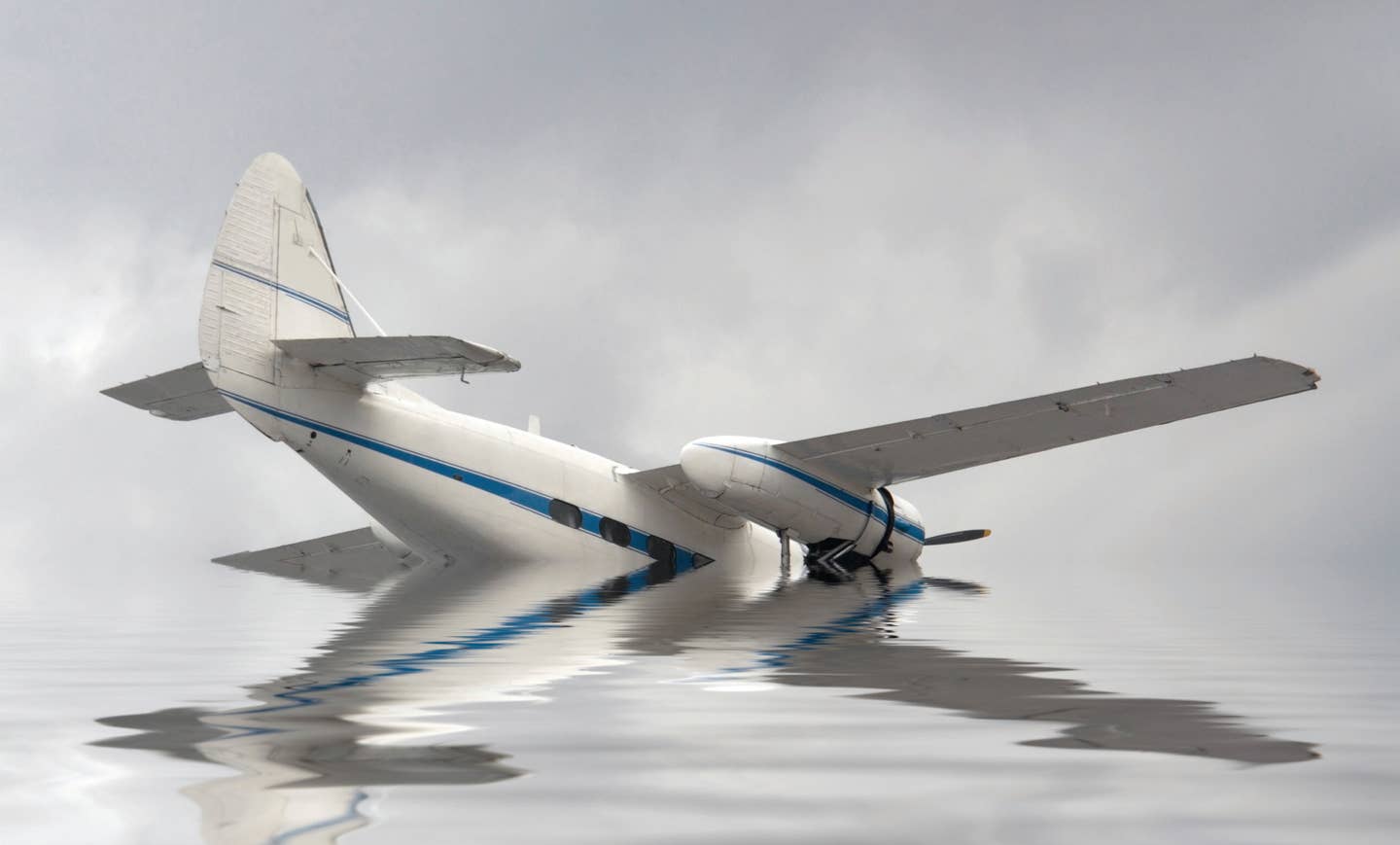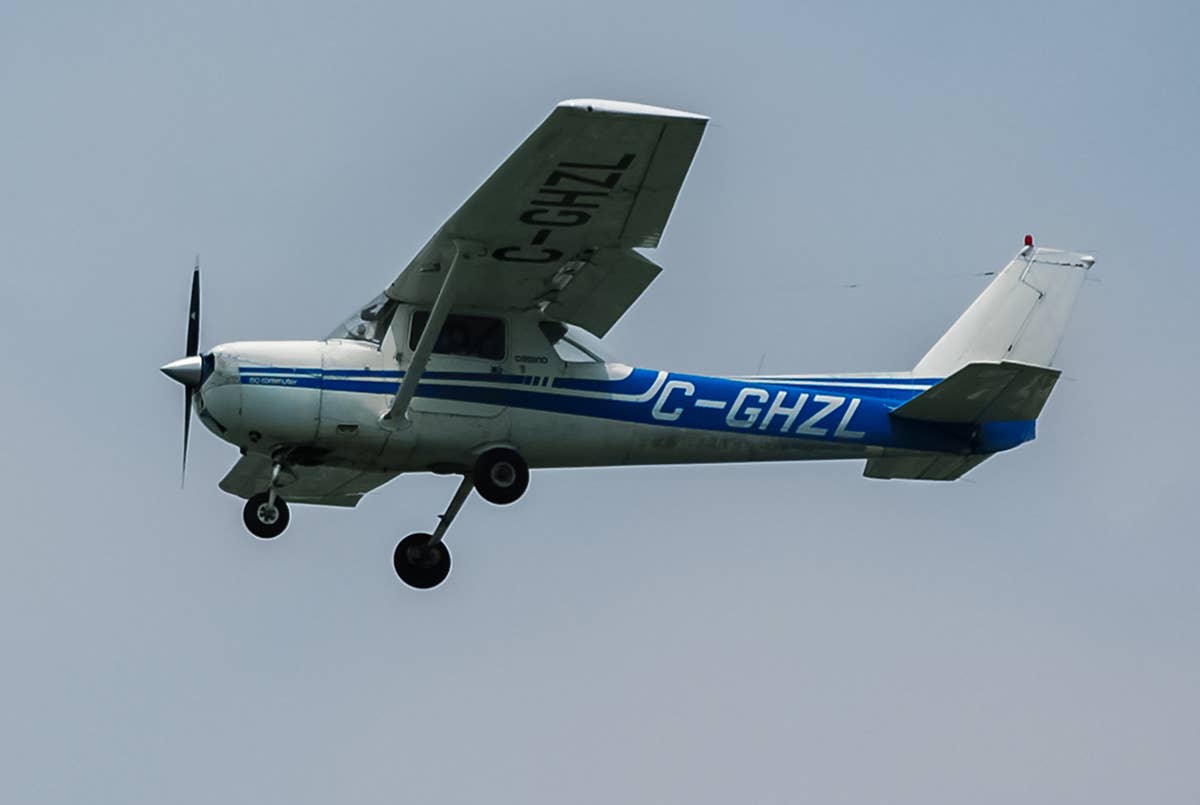Ice on the Wings Brings About a Near-Miss Episode
Dealing with the weather predicament once presented an unexpected and harrowing learning opportunity.
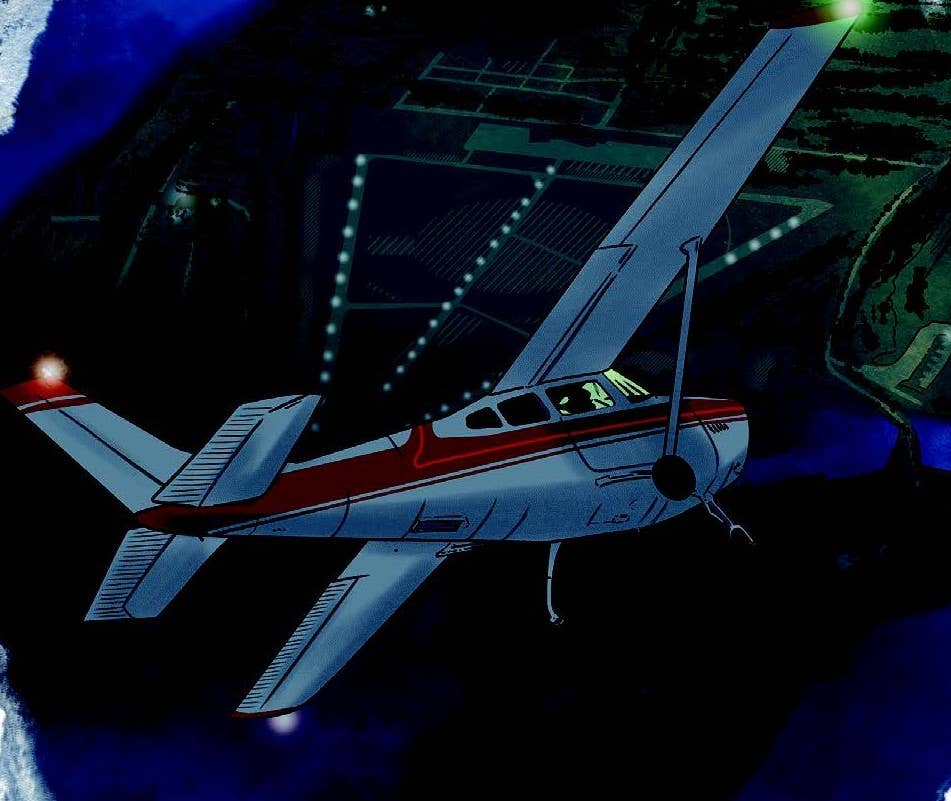
Perhaps the most dangerous thing in life, and most certainly in aviation, is that you don’t know what you
don’t know. [Illustration: Joel Kimmel]
The well-known accident chain we read about in National Transportation Safety Board (NTSB) reports also happens, no doubt even more often, in incidents that end up as hard-won lessons instead of accidents. The chain often starts well before the first rotation of a prop at start-up.
My father got his private certificate when I was a tyke. He logged about 800 hours in his life. He never owned his own airplane, but I grew up around aviation enough to have caught the disease very early. Though he was the one who actually taught me to fly, he was not an instructor. I went through the formality of earning my private certificate in 1983 at the age of 26. I did this at the Grosse Ile Municipal Airport (KONZ) in Michigan, located on an island in the mouth of the Detroit River where it empties into Lake Erie. I always loved flying, but now I was rabid about it.
If you're not already a subscriber, what are you waiting for? Subscribe today to get the issue as soon as it is released in either Print or Digital formats.
Subscribe NowIn those days I was working very long hours, and with a fresh ticket and access to a Cessna 150, I squeezed in flights whenever I could. That involved more night flights than was probably advisable at that point in my experience. But I loved being up at night and my regular routine of flying up the river and around downtown Detroit at 1,000 feet. Taking in the tapestry of lights was always magical and intoxicating.
One night the urge to fly welled up within me, and I headed to the airport where the 150 was tied down outside. Perhaps the most dangerous thing in life, and most certainly in aviation, is that you don’t know what you don’t know. And there were things I needed to know but did not. (Obviously, as I had been stupidly flying around at 1,000 feet at night.) As was a completely ordinary thing in Detroit in the winter, it had snowed. Per my training, I got out the broom and brushed off all the snow from the airframe. But (cue scary music here) there had been a bit of thaw, and under the snow was just a bit of ice. Not much, mind you. It was just a bit of crustiness, so I thought it couldn’t weigh very much. I figured it wasn’t a big deal since it was just me flying with partial fuel in the tanks.. It was a cold, clear, still night. Plenty of lift in this cold air, right? And, dang it, I wanted to fly so badly.
Everything else checked out just fine. I fired up the Continental O-200 and made my way across the big, dark, completely deserted field to the longest runway, did the run-up, lined her up, and shoved in the throttle. All seemed completely normal until I was out of ground effect, maybe 50 feet up. She felt saggy. This thing was not climbing. I was staring ahead into the inky blackness, where I knew a tall stand of pine trees was waiting for me at the north end of the runway. The accident chain instantly marched across my consciousness: inexperience, winter, night, ice, overeagerness, and drag, you idiot! I had stacked the deck against myself, and it was all going to end in those trees in a few seconds. There was really no better option than straight ahead, so I uttered a short prayer and waited for the impact.
It didn’t come. In the pitch darkness, I held the attitude indicator where I thought it should be and realized from the altimeter reading that I must have cleared the trees. I was soon high enough to have visual reference from the lights on the ground to the north. All I could think of was “climb.” The little 150 ponderously clawed its way up, while the altimeter moved at about the pace of hands on a clock. I eventually got up to a couple thousand feet and realized with terror that I was at that moment a test pilot in an unknown machine. I had no idea how to get it back down safely. I decided I needed to find out what the stall speed was with this stuff on the wings, so I would know what approach speed to use to avoid falling out of the sky. I decided I had enough drag already, so flaps probably would not be a good idea. I slowed down with my eyes on the airspeed indicator and waited for the break. To my surprise, the stall occurred at about the same speed it would normally. OK, I guess I’ll approach at the normal speed. I got her back to the field and lined up.
- READ MORE: Life Lessons of an Iced-Up Mooney
Grosse Ile airport is basically surrounded by water, and going in there on a moonless night one cannot see the surrounding trees. The runway lights are all you’ve got. It was a scary ride down the hill, and I carried a little extra speed anyway. At first, all seemed normal, but then almost too late, I realized that stalling wasn’t going to be my problem. This thing was coming down like a brick. The sink rate registered on my brain, and I firewalled the throttle, once again terrified that I was going to settle right down into those pine trees. The O-200 roared (like a mouse in a lion suit), and the laden little 150 somehow lumbered over the unseen treetops. I kept full throttle until I was just over the pavement. Fortunately, the runway was plenty long and I settled in smoothly. It was over, except my heart was about to pound its way out of my chest.
I vowed right then and there to never again fly any airplane with even a hint of anything on the wings. But perhaps even more importantly, I came away from that near miss with a constant question on my mind for any situation: What about this do I not know? Finding the answer is well worth any time and effort it takes. This has served me well in airplanes and in many other areas, such as just getting along with people.
This feature first appeared in the November 2023/Issue 943 of FLYING’s print edition.

Subscribe to Our Newsletter
Get the latest FLYING stories delivered directly to your inbox


